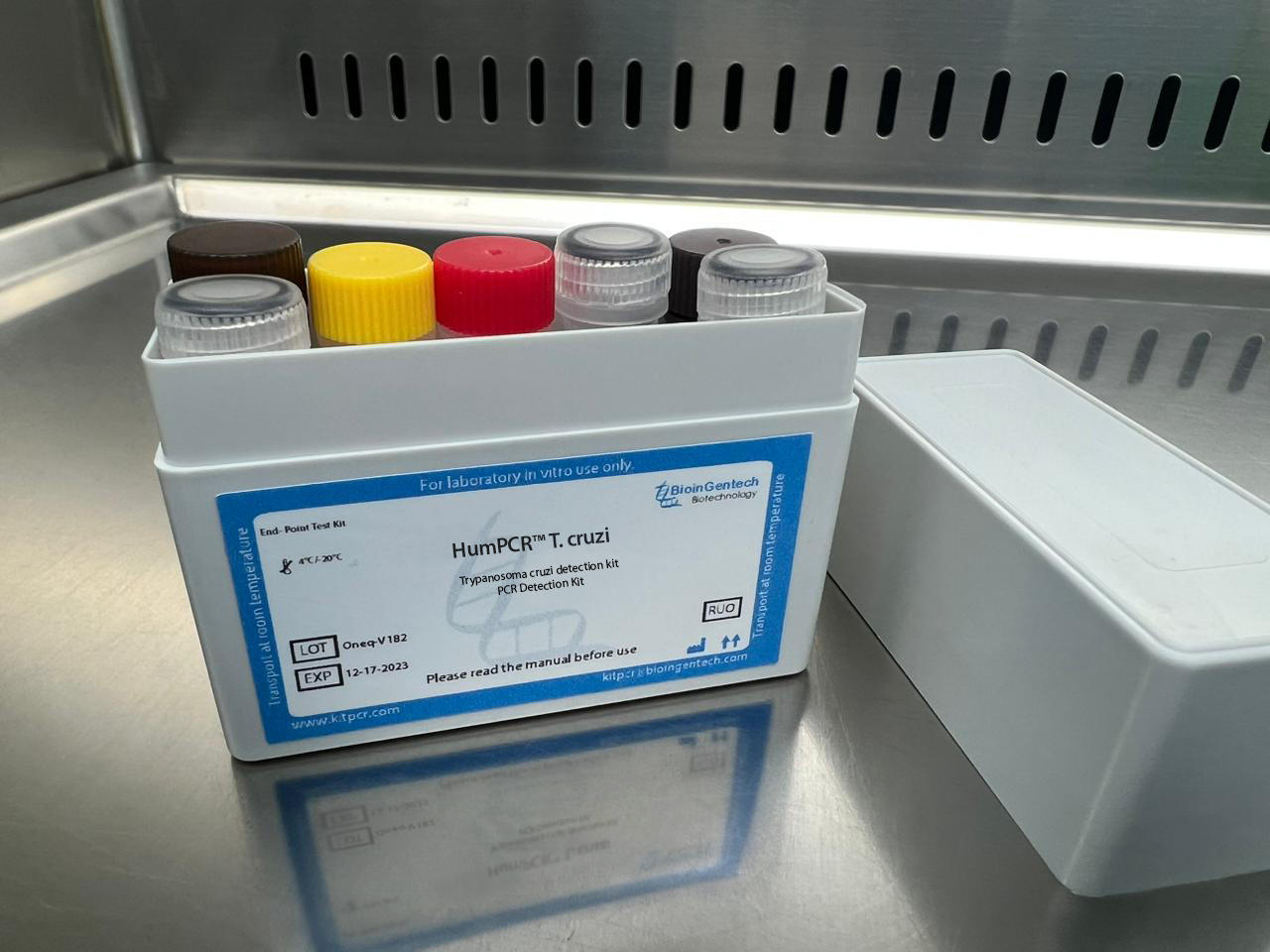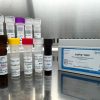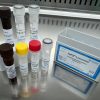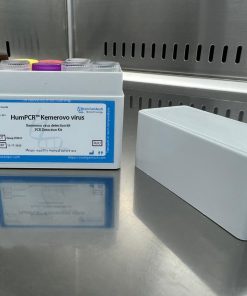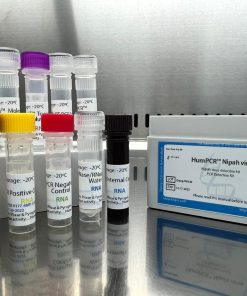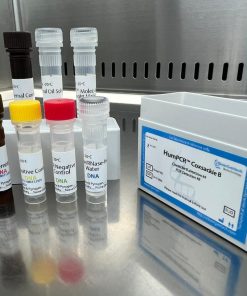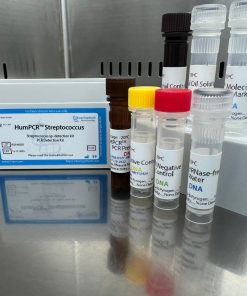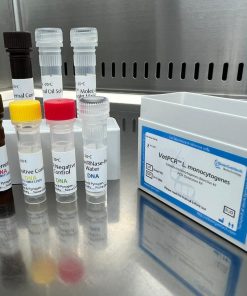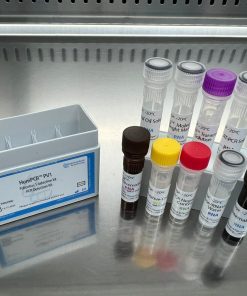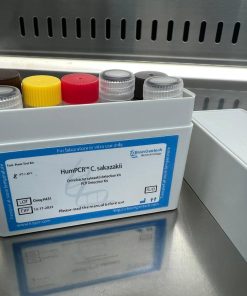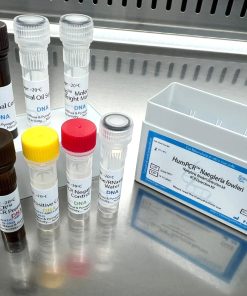Trypanosoma cruzi detection kits
| End-Point | 48 – 96 reactions |
| One-Step | 50 – 100 – 150 reactions |
Chagas disease is caused by Trypanosoma cruzi, a protozoan parasite. In the natural environment, T. cruzi is transmitted through a variety of species of triatomine bugs, which act as vectors. However, other nonvector transmission mechanisms have been described. In acute stage, symptoms are mild and usually produce no more than local swelling at the site of infection. Following the acute phase of the infection, untreated Chagas’ disease enters a chronic phase that is initially asymptomatic or unrecognized. Subsequently, 20%-30% of patients develop cardiac abnormalities (cardiac form), 10% digestive complaints (digestive form) or both (mixed form), and less than 5% of patients develop a neurologic form of the disease. The remainder will remain asymptomatic, with no clinical manifestations throughout their lifetime.
| End-Point | MANUAL | MSDS |
| One-Step | MANUAL | MSDS |
Related products
Neurology
Neurology
Neurology
Neurology
Neurology
Neurology

